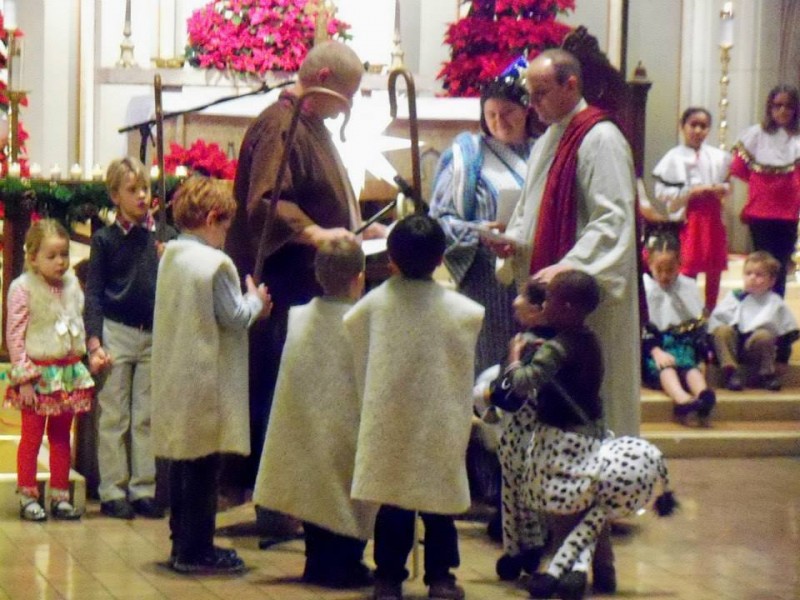The World As It Should Be Meets the World As It Is
By The Rev. Dr. Fritz Ritsch
Isaiah 50:4-9a
Philippians 2:5-11
St. Matthew 21:1-17
“It is not incumbent upon you to complete the work, but neither are you at liberty to desist from it.”
The Talmud, Pirkei Avot, 2.2
Several years ago someone in a bible study I was doing expressed a concern a lot of Christians feel. She said, “I’m uncomfortable with saying that Jesus is Lord of everything, of the whole universe. It sounds so closed-minded and prejudiced toward a Christian point of view. What about the other religions, and good people who don’t believe in Jesus?”
We had been looking at biblical passages about the Cosmic Christ, passages such as Ephesians 1: 8-10, “With all wisdom and insight (God) has made known to us the mystery of his will, according to his good pleasure that he set forth in Christ, as a plan for the fullness of time, to gather up all things in him, things in heaven and things on earth,” or the passage from Paul’s letter to the Philippians that we just read: “Therefore God also highly exalted Jesus?and gave him the name that is above every name, so that at the name of Jesus?every knee should bend, in heaven and on earth and under the earth, and every tongue should confess?that Jesus Christ is Lord, to the glory of God the Father.” These passages give absolute Lordship and authority to Jesus, which is bound to make any open-minded person uncomfortable.Read More »The World As It Should Be Meets the World As It Is





